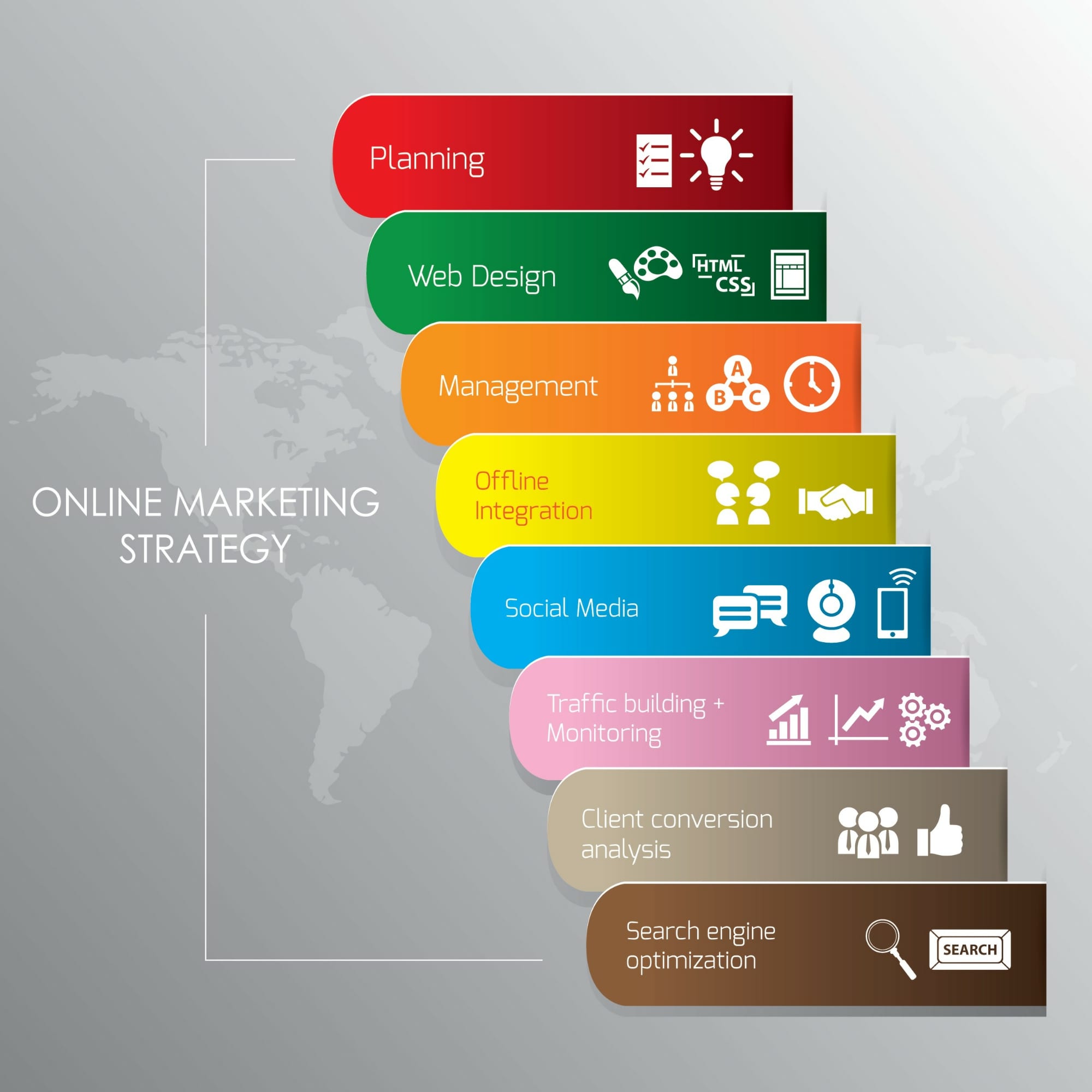It’s no secret that artificial intelligence (AI) is a hot topic these days. It’s a field that’s been advancing at a breakneck pace, and its development has broad implications for businesses in almost every industry. For many businesses outside of the technology sphere (particularly SMEs), however, it may not be altogether clear how (or even if) AI will play a role in their future success.
Right now, the most visible way that AI is affecting businesses is through a variety of sales and customer service tools like chatbots, which are helping smaller businesses achieve parity with larger competitors. They are by no means the only current-use examples of AI, however. To illuminate the topic, here is a look at four ways that SMEs can leverage today’s AI technology to great effect, with plenty of room to grow in the future.
Delivering Expertise
One of the ways that SMEs have traditionally maintained an edge in their markets is that they establish themselves as an authority in the eyes of their customers. They make it their job to know the answers to the myriad questions that those customers might ask, and use that knowledge to become the go-to source for knowledge in their field. In the digital age, however, the average consumer knows a whole lot more about the products that they’re considering buying, and it’s turning that traditional advantage on its head.
The good news for SMEs, however, is that AI might help them turn the tables again. A perfect example may be found in Rosi, which is a purpose-built AI system that aids consumers in choosing diamonds to purchase based on their budget and needs. It empowers the consumer to make an informed choice in an industry that was not previously known for transparency and knowledge-sharing. SMEs in other sectors can leverage today’s AI technology to deliver the power of industry expertise to their customers, which will engender loyalty and continued business well into the future.
Supercharging Marketing
Another area where AI can be put to use right now by SMEs is in their marketing operations. A variety of CRM and marketing software vendors are already integrating AI-powered tools into their platforms, making it one of the easiest ways for SMEs to capitalize on AI. Marketing also happens to be an area where SMEs have the most to gain, as they typically run lean operations with little room for waste.
One of the most popular current options in this area for SMEs is Salesforce’s Einstein AI, which allows platform users an almost infinite number of opportunities for marketing and customer service task automation. Using the data provided to it, Einstein can help SMEs to identify sales leads with the highest conversion probability, target them with customized marketing messages, and automatically fine-tune that messaging with each round of new results. All told, it’s an AI-powered all-in-one marketing revolution for SMEs.
Automating Support
Although chatbots have gotten plenty of attention as the next big thing in customer service in recent months, they do have some limitations. First and foremost is the fact that most chatbots can only handle conversations in a limited question and answer format, but lack the deeper integration necessary to service customers in a meaningful way. That means they’ve been great for SMEs that want to provide answers to frequently asked customer queries in a conversational way, but not much else.
Now, however, the AI-powered customer service representative is beginning to become more versatile. One customer service AI platform that goes beyond answering questions comes from DigitalGenius, which uses a technique they call Conversational Process Automation to let the AI resolve customer issues instead of only responding to them. For example, customers that make contact with known requests like changing reservations or requesting refunds will see their requests fulfilled by the AI, with no need for human intervention. That one ability could alter a SMEs ability to cope with customer service demands at scale, and free up resources that could otherwise be put to better uses.
Real-Time Market Analysis
One of the great advantages enjoyed by SMEs over larger competitors is their ability to be agile and react to changing conditions in the market. The challenge they almost always face is identifying those changes early enough to act on them. In today’s digital landscape, that challenge has only grown, with ever more data points to consider and competitors to track. While a human would be overwhelmed in such an environment, an AI thrives in it, and that’s good news for SMEs.
AI platforms like Crayon seamlessly integrate competitor tracking and market analysis into an easy-to-understand, action-oriented interface. It can monitor a variety of digital venues such as social media, websites, advertising and more to deliver insight into even the slightest of shifts in consumer tastes or competitor tactics. It can help SMEs know not only when their competition has changed focus, but also when the market itself may be moving, sometimes before the consumers themselves realize it. In that way, SMEs can maximize the natural advantage that their agility grants them, and keep themselves in the right place at the right time.
Looking to the Future
The SME AI applications discussed here are just the beginning of what we’re likely to see in the coming years. As sophisticated and useful as they already are, they represent the leading edge of today’s AI technology and are bound to evolve into ever more powerful tools in the coming years. Since they’re already available to SMEs, that points to a very bright future for the union of AI and small business – and should make crystal clear to decision makers in the space that AI will play a major role in the success of the small enterprise well into the 21st century and beyond. All that’s left is for them to embrace it and start heading for that future, and there’s no time for that like the present.


